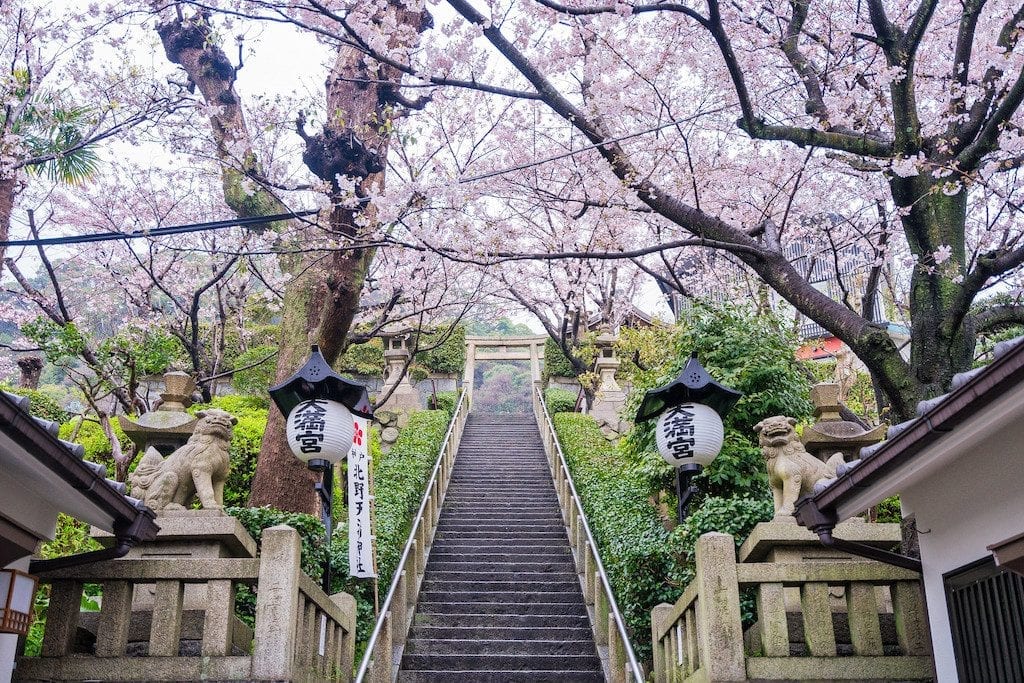Rugby World Cup Serves as Tourism Warm-Up for Japan's 2020 Olympics Push

Skift Take
When you think of the sport of rugby, Japan is generally not the first nation that comes to mind. But by serving as the first Asian host nation of a Rugby World Cup tournament, changing perceptions is exactly what Japan aims to do.
The ongoing World Cup, which will culminate in Yokohama on Nov. 2, is the first of a slew of massive world events in the coming months and years — the 2020 Olympic and Paralympic Games, the World Masters Games in 2021, and the World Expo 2025 — which are intended to help broaden the appeal of Japan's tourism offering and serve as an invitation to the world. In 2016, the nation set a target to welcome 40 million visitors in 2020, an achievement that would mean Japan doubles its 2015 arrivals level in just five years. In August, before the Rugby World Cup began, Japan had welcomed 22 million visitors thus far in 2019.
Of course, it's not as though there haven't always been travelers keen to visit Japan, and global sporting events almost always have tourism-related motivations attached to them. Japan, however, is a destination that's historically felt out of reach for some travelers, be it for financial, geographical, or language-related reasons.
This is particularly true for Western markets, said Matthew Joslin, head of UK marketing and communications for the Japanese National Tourism Organization, the nation's government-funded tourism board. He explained the aforementioned events are part of a broader push in the past four to five years to widen Japan's appeal and shed the image of a place that's perhaps been intimidating for some travelers.
"Historically the challenges for Japan, specifically within our [European] market, have been it’s perceived as difficult and expensive and far removed from other easier-to-reach destinations," said Joslin, "But what’s happening around Rugby World Cup and the Olympics and Paralympics is that’s being debunked." That rugby appeals to some of Japan's key markets — the UK and Ireland for example, are Japan's largest European market — is no accident.
Joslin notes that there is a helpful amount of organic PR, which means Japan will benefit not only from increased footfall during these events but crucially an increased awareness of destinations all around Japan — not just Tokyo and Kyoto. World Cup events are taking place in 12 stadiums across the country, and a dispersal of bookings is a large part of the tourism board's strategy with the Rugby World Cup, which it hopes will "[broaden] people’s perceptions about what Japan is and what it represents," particularly for outdoors and adventure-inclined travelers.
(It's worth noting that although Typhoon Hagibis ravaged parts of Japan earlier in October, and resulted in the cancellation of one match, disruption to the tournament was not as bad as anticipated.)
In addition to perceptions, Joslin cited some key infrastructural and cultural changes that have been made. English signage and announcements have increased in train stations across Japan, making it easier for visitors to get around. In addition, he said there's been a push for small hotels and accommodation providers that don't employ English speakers to have vocabulary boards that help both parties "smooth over communication." Visa policies have been relaxed for some regions, and Airbnb has also made considerable investment into succeeding in Japan — even complying with regulations they have chosen to fight in other regions — which is a boon for travelers with lower budgets.
Diversification is wise for any tourist destination, but perhaps particularly so for Japan given regional tensions of late. As Bloomberg reported, visitation from South Korea had plummeted in September by 58 percent compared to last year due to ongoing trade and military tensions. Koreans generally make up a quarter of Japan's inbound tourists, so the current influx of Rugby World Cup tourists will come as a welcome offset.
Joslin said while a focus on regional destinations to avoid overtourism in places like Kyoto and Tokyo is front and center, that doesn't mean that aspirations don't remain high for Japanese tourism. A target of 60 million visitors has been announced to follow 2020's goal.
"We're setting ourselves that target so the world knows that ... Japan as a destination — which has been historically considered quite inaccessible or difficult to key into — has actually become a lot more accessible and is ready and willing to welcome people."





